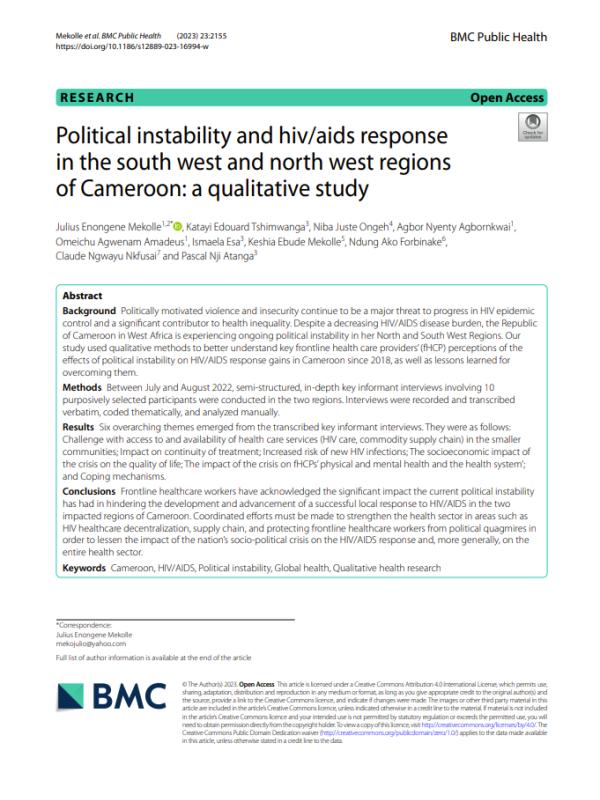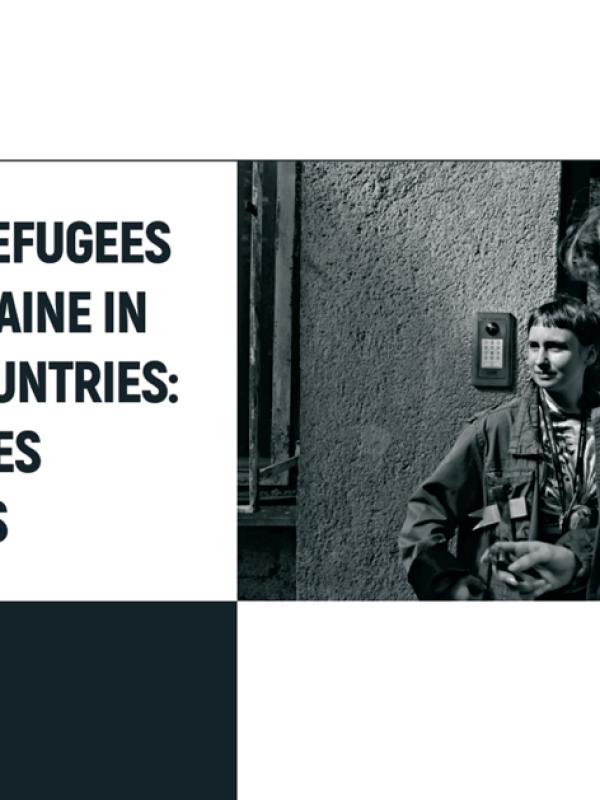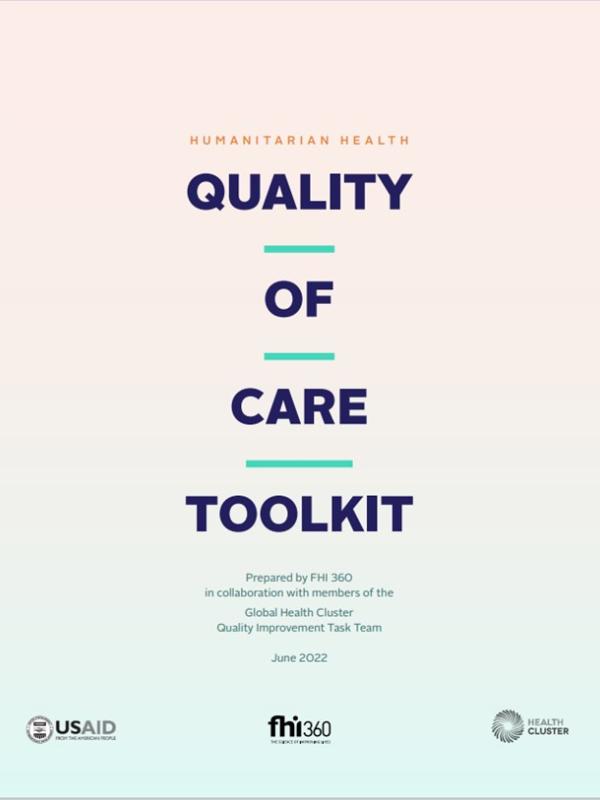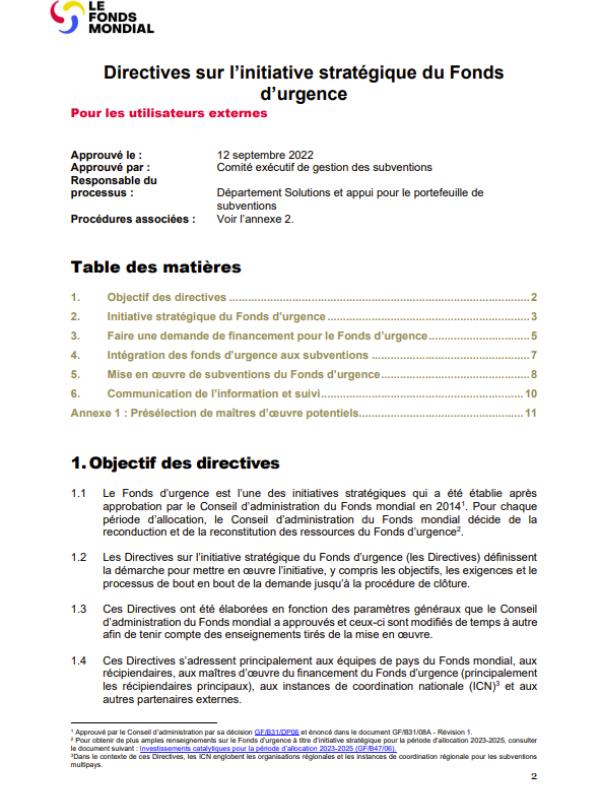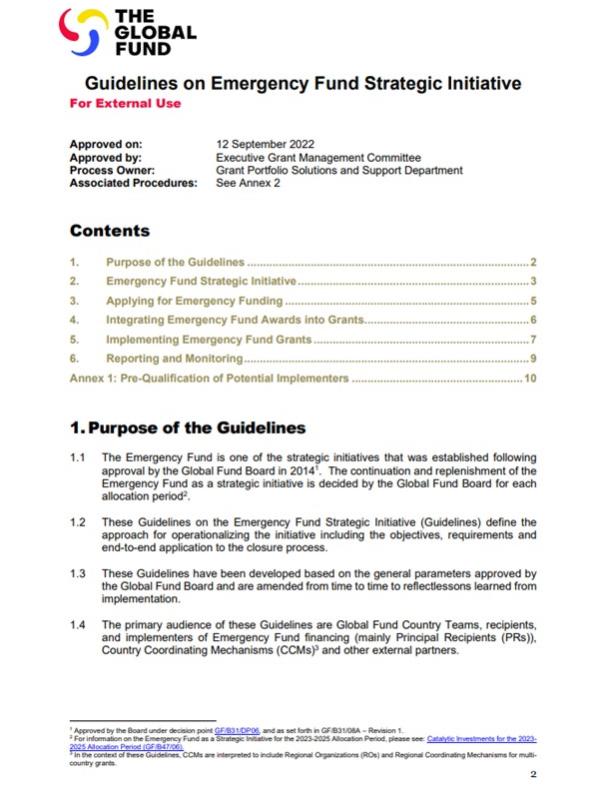The study explores the impact of political instability in Cameroon's North and Southwest Regions on HIV/AIDS response efforts. Through interviews with frontline healthcare providers, six key challenges were identified: access to healthcare services, continuity of treatment, risk of new infections, socioeconomic impacts, effects on healthcare workers' well-being, and coping mechanisms. The findings highlight the need for coordinated efforts to strengthen the health sector, decentralize HIV care, improve supply chains, and protect healthcare workers to mitigate the crisis's impact on HIV/AIDS response and overall health services.
Continue readingResearch about the challenges and problems, the experience of crossing the border, and of integration and socialization in new conditions for forcibly displaced Ukrainians LGBTQI+ conducted by “Gender Stream”.
Continue readingThis toolkit aims to assist humanitarian health field staff in measuring quality of care in humanitarian health programs to inform quality improvement activities and includes operational guidance for each tool. In line with the GHC Position Paper on Quality of Care in Humanitarian settings, it can be used in all areas of essential health care as defined by the SPHERE guidelines, including communicable diseases, child health, sexual and reproductive health, injury and trauma care, mental health, non- communicable diseases, and palliative care.
Continue readingCes directives expliquent les objectifs et le fonctionnement du fonds d'urgence du Fonds mondial qui vise à aider les candidats éligibles à maintenir la fourniture et la continuité des services essentiels de prévention, de dépistage et de traitement du VIH, de la tuberculose et du paludisme dans les situations d'urgence. Les lignes directrices visent à soutenir les pays lorsque le réinvestissement des fonds de subvention existants n'est pas possible ou nécessite un délai de traitement prolongé.
Continue readingThe Global Fund continues supporting eligible applicants sustain the provision and continuity of essential prevention, testing and treatment services for HIV, tuberculosis and malaria during emergency situations. The guidelines aim to support countries when reinvestment of existing Grant Funds is not possible or requires extended processing time
Continue reading